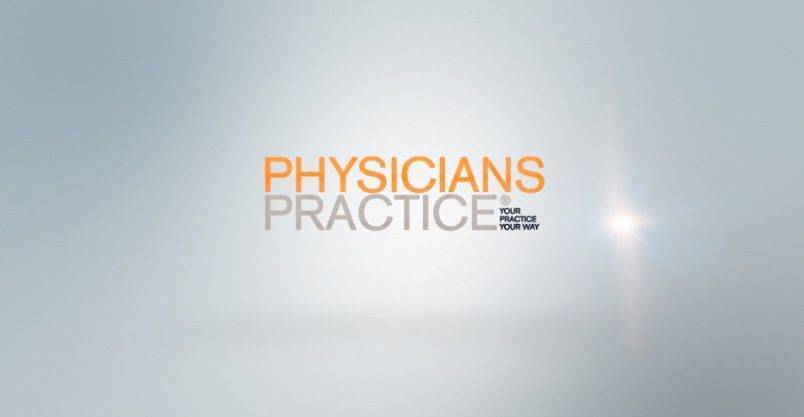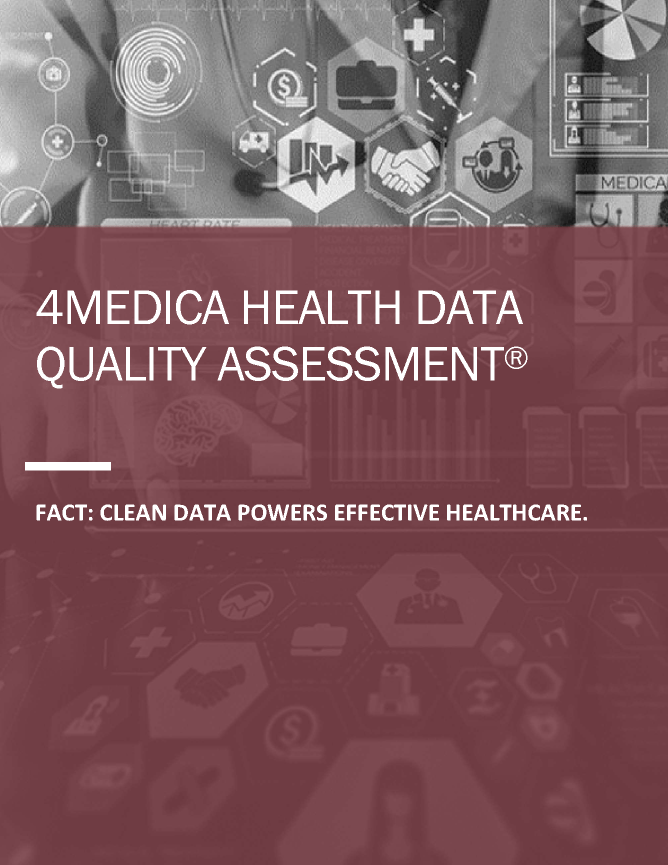"Healthcare organizations increasingly are aware of the impact of health inequities and social determinants of health (SDoH) on outcomes and healthcare costs. These inequities are exacerbated by low-quality patient data, which disproportionately impacts vulnerable populations. In 2023, provider organizations will seek to close care gaps by deploying automated intelligent technologies that will dramatically reduce duplicate patient records and mitigate other data quality issues."

Gregg Church
President
“A.I., machine learning and automation will be embraced by practices of all sizes in 2023 to improve data quality as they transition to value-based care. By reducing duplicate and incorrect patient records, healthcare stakeholders can improve patient safety and outcomes while reducing costs related to inefficiency and unnecessary utilization of services.”

Oleg Bess, MD
Co-founder and CEO
"In 2023 provider organizations must engage with patients on their healthcare data. With price transparency laws now in place, providers must disclose aspects of their costs to patients prior to treatment. Providers, including labs, will look to applications that can share lab results and aggregate medical records for patients to receive. Applications that provide engagement data, which is needed to meet the new federal requirements, will be top of mind for providers in the new year."

Gregg Church
President
"As more payers and providers engage in value-based contracts, they must collect and share massive volumes of patient data, much of which comes from wearables and at-home devices. But there are concerns among consumers about patient privacy and among providers regarding data quality, according to a Deloitte survey on wearable health and activity data. Over the next year, I hope to see continued progress in enabling patient data sharing through greater interoperability. I also expect more pressure on consumer device makers to better secure the data they collect and transmit over networks as health organizations demand higher-quality data."

Gregg Church
President
"Value-based care requires the ability of providers and other healthcare stakeholders to have a 360-degree view of the patient. In 2023, hospitals, health plans, labs and other healthcare organizations will continue to improve clinical interoperability. By ensuring they have full access to patient data, healthcare organizations can improve data quality, identify patterns and trends critical to managing population health, and significantly improve efficiency and accuracy of billing processes."

David Jarvis
Director of Health Information Technology
“Practices of all sizes that want to transition to value-based care increasingly will recognize the importance of quality clinical data on patient outcomes. Large and small practices in 2023 will use technologies such as AI, machine learning and automation to reduce duplicate and incorrect patient records. Better-quality data not only will improve patient safety and outcomes, it will reduce costs related to inefficiency and unnecessary utilization of services.”

Oleg Bess, MD
Co-founder and CEO
"More providers and payers will deploy artificial intelligence and machine learning in 2023 to understand and map the massive amounts of data flooding in from multiple sources, including wearables and clinical-grade home-based devices. Data analytics will become more accessible across multiple user interfaces, which will provide clinicians with contextualized information at the point of care."

Muthu Kuttalingam
SVP of Product Development
"More healthcare organizations will try to increase quality of care and patient safety in 2023 by improving the quality of data available in EHRs. The inability of provider organizations to accurately identify patients and match them to their records can lead to misdiagnoses, inappropriate and even dangerous treatments or procedures, administrative inefficiency and avoidable utilization costs. I expect to see providers and labs turn to intelligent technologies to reduce patient duplications and other issues that impact data quality."

Oleg Bess, MD
Co-founder and CEO
"Healthcare organizations will continue to be deluged by massive volumes of data flooding in from multiple sources, including wearables and at-home clinical devices. AI and machine learning increasingly will help providers and payers understand and map that data next year. We’ll also see a larger role for analytics across multiple user interfaces as clinicians seek actionable data when and where they need it most."

Muthu Kuttalingam
SVP of Product Development
"Patient safety and quality of care will continue to be impacted by the quality of data available to clinicians for diagnosing and treating patients. As provider organizations struggle to accurately identify patients and match them to their records, expect to see more hospitals, health systems and labs turn to intelligent technologies to reduce patient duplications and other data-quality problems."

Oleg Bess, MD
Co-founder and CEO






